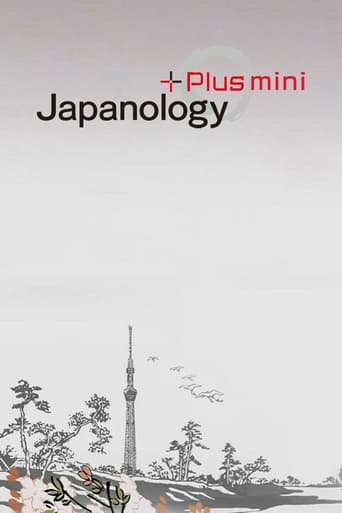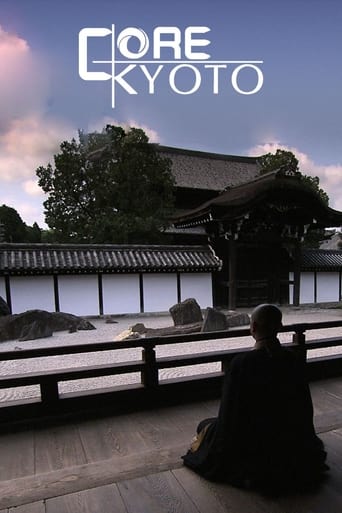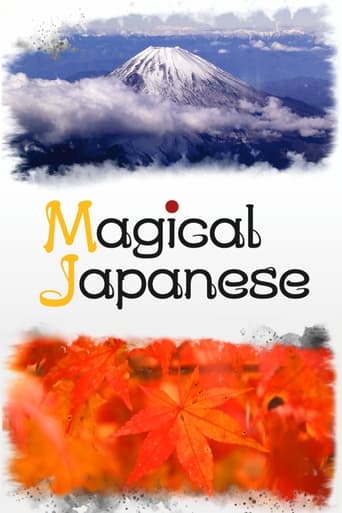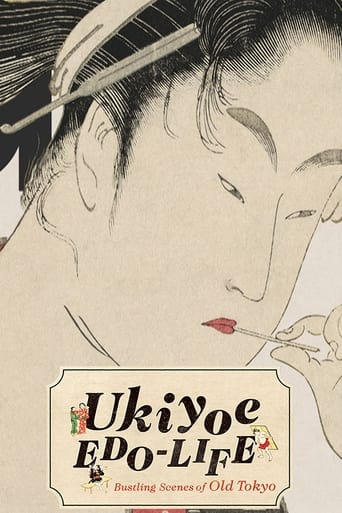Japanology Plus mini Season 4

A five-minute series where you can explore a wide variety of Japanese cultures, traditions and lifestyles.
Watch NowWith 30 Day Free Trial!
Japanology Plus mini
2020
A five-minute series where you can explore a wide variety of Japanese cultures, traditions and lifestyles.
Watch Trailer
Japanology Plus mini Season 4 Full Episode Guide
The cardboard beds used during the Tokyo 2020 Olympic and Paralympic Games captured global attention. That was just one example of the many innovative ways in which Japan has made use of this humble material. Modern cardboard can be insect-repellent, waterproof or strong enough to carry a piano. It's also used in emergency goods such as rooms and toilets. In fact, people in Japan use roughly 150 new cardboard boxes a year. In a 5-minute digest, we examine a broad range of cardboard products.
In Japan, goldfish are a symbol of summer. Around 40 varieties are common, ranging from the beautiful to the comical. A single ranchu―known as the "king of goldfish"―can cost millions of yen. Goldfish have their roots in China, where a genetic mutation produced red carp over 1,500 years ago. How did they become the colorful, diverse fish so beloved in Japan today? In a 5-minute digest, we ask why goldfish are seen as auspicious and introduce their usage as an artistic motif.
"Keitora" are light pickup trucks that are unique to Japan. Valued for their performance and convenience, they're widely used for agriculture and construction, and are also adapted into mobile sales vehicles, fire trucks and camper vans. One town even has a keitora sauna that contributes to local revitalization. In a 5-minute digest, we introduce the surprising possibilities of keitora in work, leisure and everyday life.
For hundreds of years, Japanese people have used name stamps, known as hanko, to sign their name. People use hanko in everyday situations, such as receiving a parcel, and in formal contexts, such as business transactions and marriage registrations. However, the move toward remote work, triggered by the COVID-19 pandemic, affected how these stamps were used. In a 5-minute digest, we discover the history of hanko and explore what a hanko-free future might look like.
Japanese paper, known as washi, is attractively textured and extremely durable. In Japan, it's used in everything from sliding doors to banknotes. Paper first arrived from China around the 7th century and spread alongside Buddhism. Recently, crafts featuring washi have been getting attention outside Japan, and new paper production methods―including using vegetable scraps―have been popping up. In a 5-minute digest, we explore washi's role in modern society and examine how it represents Japanese aesthetics.
Free Trial Channels
Seasons









































